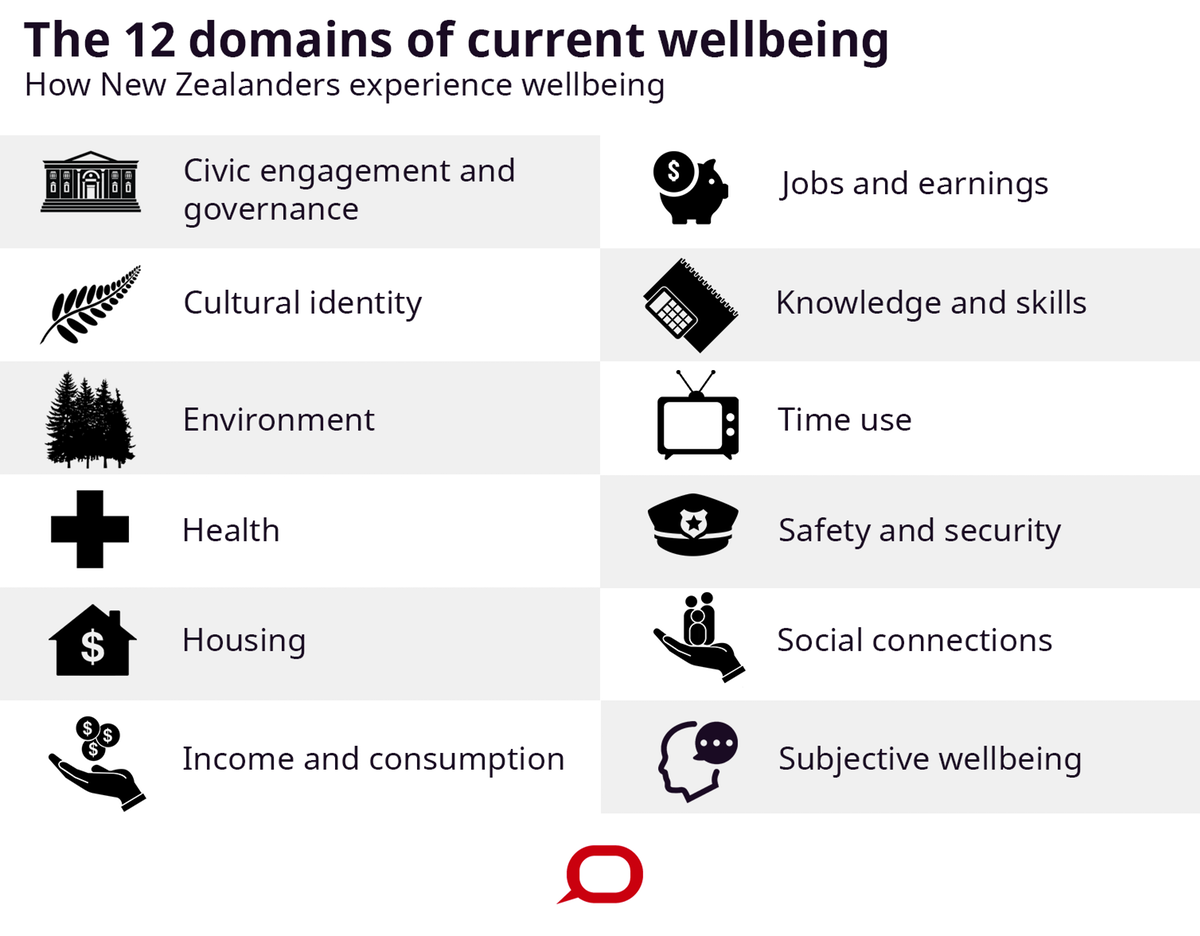
- Better Society -
- 4mins -
- 287 views
New Zealand budgets will be ‘all about well-being and not just money’ says PM
New Zealand PM Jacinda Ardern announces a new approach to running New Zealand’s finances.
NZ Government to lead world in measuring success with wellbeing factors
New Zealand’s Prime Minister Jacinda Ardern has unveiled a new approach to running New Zealand’s finances. "We need to address the societal well-being of our nation, not just the economic well-being,” she said during a Davos discussion on More than GDP. This means that from July 2019, her government will present a “well-being budget” to gauge the long-term impact of policy on the quality of people’s lives.
NZ Prime Minister Ardern to launch the world’s first well-being budget
It is an over-reliance on gross domestic product (GDP) as a singular driver of economic and social policy that has led to many societal problems, such as inequity, over-consumption and climate change.
In July, Ardern will launch the world’s first well-being budget. This will require ministers to demonstrate the well-being impacts of their budget proposals. Ministers will also be required to show the trade-offs between natural, social, human, financial and physical capital.
"We want New Zealand to be the first place in the world where our budget is not presented simply under the umbrella of pure economic measures, and often inadequate ones at that, but one that demonstrates the overall wellbeing of our country and its people." — said PM Ardern.
Countries like New Zealand, Wales, Italy, Scotland, Slovenia and some in Latin America are leading this movement.
Most are members of the Wellbeing Economy Alliance, where governments and community groups are combining to construct ‘an economy that delivers human and ecological wellbeing’.
Source: TheConversation.com

How GDP distorts our view on what is important
In 2010, the International Commission on the Measurement of Economic Performance and Social Progress issued its report, Mismeasuring Our Lives: Why GDP Doesn’t Add Up. The title summed it up: ‘GDP is not a good measure of wellbeing.’
What we measure affects what we do, and if we measure the wrong thing, we will do the wrong thing.
If we focus only on material wellbeing – on, say, the production of goods, rather than on health, education, and the environment – we become distorted in the same way that these measures are distorted; we become more materialistic.
The authors were more than pleased with the reception of their report, which spurred an international movement of academics, civil society, and governments to construct and employ metrics that reflected a broader conception of wellbeing.
The Organisation for Economic Cooperation amd Development (OECD) has constructed a Better Life Index, containing a range of metrics that better reflect what constitutes and leads to wellbeing.
It also supported a successor to the Commission, the High Level Expert Group on the Measurement of Economic Performance and Social Progress.
At the OECD’s sixth World Forum on Statistics, Knowledge, and Policy in Incheon, South Korea in 2018, the Group issued its report, Beyond GDP: Measuring What Counts for Economic and Social Performance.
That report highlights several topics, like trust and insecurity, which had been only briefly addressed by Mismeasuring Our Lives, and explores several others, like inequality and sustainability, more deeply.
Furthermore it explains how inadequate metrics have led to deficient policies in many areas. Better indicators would have revealed the highly negative and possibly long-lasting effects of the deep post-2008 downturn on productivity and wellbeing, in which case policymakers might not have been so enamored of austerity, which lowered fiscal deficits, but reduced national wealth, properly measured, even more.
Source: WEForum.org
Why the focus on GDP alone is harming the planet
According to the new Report, entitled Intergovernmental Science-Policy Platform on Biodiversity and Ecosystem Services (IPBES), more than one million species of plants and animals are at risk of extinction, many of which are predicted to be pushed into extinction within just a few decades, thanks to years of rampant poisoning, looting, vandalism and wholesale destruction of the planet’s forests, oceans, soils, watersheds, and air to meet GDP targets.
Source: Forbes

